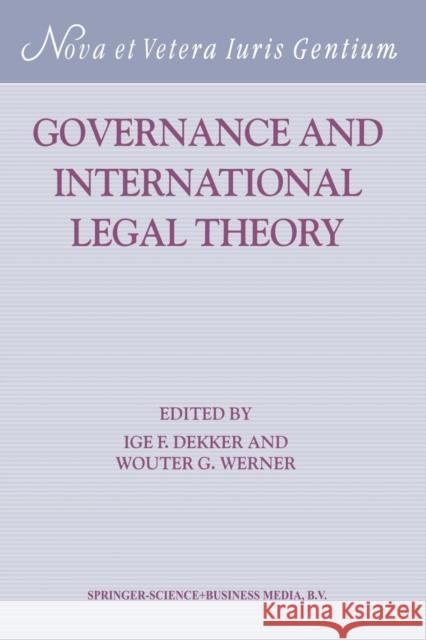Governance and International Legal Theory » książka
Governance and International Legal Theory
ISBN-13: 9789004140332 / Angielski / Miękka / 2004 / 408 str.
Globalisation and international governance constantly pose challenges to international law. This constant challenge can only be understood if one keeps in mind that globalisation and international governance are not simple and linear developments, but rather complex and contradictory processes. The emergence of several overlapping and competing normative orders - characterized in terms of 'new medievalism' and 'legal pluralism' - has given impetus to some age-old debates in international law: What is the role of the 'international community'? What is the proper function and meaning of state sovereignty in international law? What are the powers of international organizations in relation to the overlapping legal orders of their member states? At a more practical level, the problem of 'legal pluralism' is discussed in the context of the proliferation of international tribunals: how does this affects the unity and coherence of international law and what should be the proper role of lawyers in dealing with competing norms and competences? Finally, the complex and contradictory nature of international governance is illustrated by the role of international non-governmental organizations in different periods and areas, such as criminal law, environmental law and cyberspace. This book discusses the above-mentioned topics from a multidisciplinary perspective. It combines insights from international relations theory, legal theory and international law in an attempt to clarify some issues of globalisation, international governance and international law.











